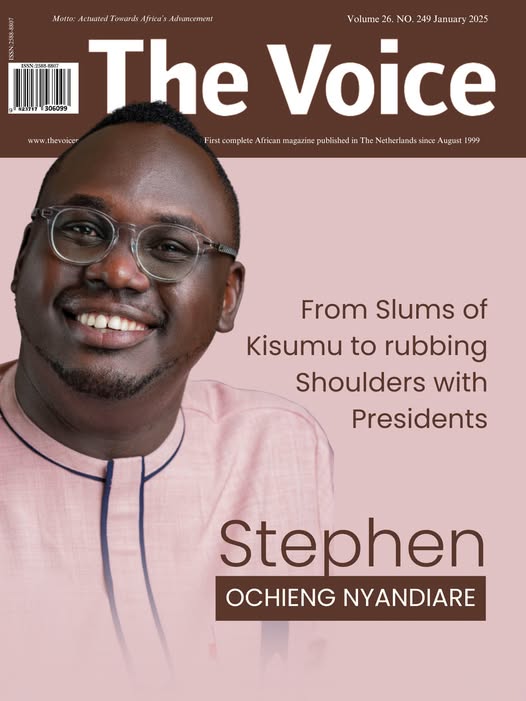
Gabon’s President, Ali Bongo Ondimba
Gabon’s parliament has approved constitutional changes to fill a legal void if the president becomes incapacitated and grant heads of state immunity after they leave office.
The question of a constitutional vacuum became a crunch issue in the central African state two years ago when President Ali Bongo Ondimba suffered a stroke that needed months-long convalescence.
Under the change, the president’s power will be transferred to a triumvirate – the speakers of its chambers of parliament and the defence minister – if the head of state becomes temporarily or permanently incapacitated.
The proposal was passed by 89.1 percent of members of the National Assembly and Senate, gathered in a congress in the capital Libreville, the Assembly’s speaker Faustin Boukoubi said.
The congress also approved a change to the constitution to declare that former presidents cannot be “accused, prosecuted, sought, arrested, detained or judged” for acts committed while they were in office.
The two chambers of parliament are overwhelmingly dominated by Bongo supporters.
‘Every lesson to be learned’
Presidential spokesman Jessye Ella Ekogha told a press conference on December 22 that Bongo wanted “every lesson to be learned” from the legal uncertainties that had arisen from his ill health.
Opposition leader Jean Gaspard Ntoutoume Ayi, of the National Union party, said the constitutional change “was thrown together – it’s a poor coverup for a problem that everyone knows, which is that Mr. Bongo is no longer able to run the country”.
Ntoutoume Ayi is head of a group called Appel a Agir (Call to Act) which during Bongo’s convalescence had urged medical experts to assess the president’s health to see if he had been incapacitated.
The constitutional amendments, especially the one providing presidential immunity, were symptoms of “great fear” and “proof that the actions of these people can be qualified as high treason”, he charged.
Source: aljazeera.com




